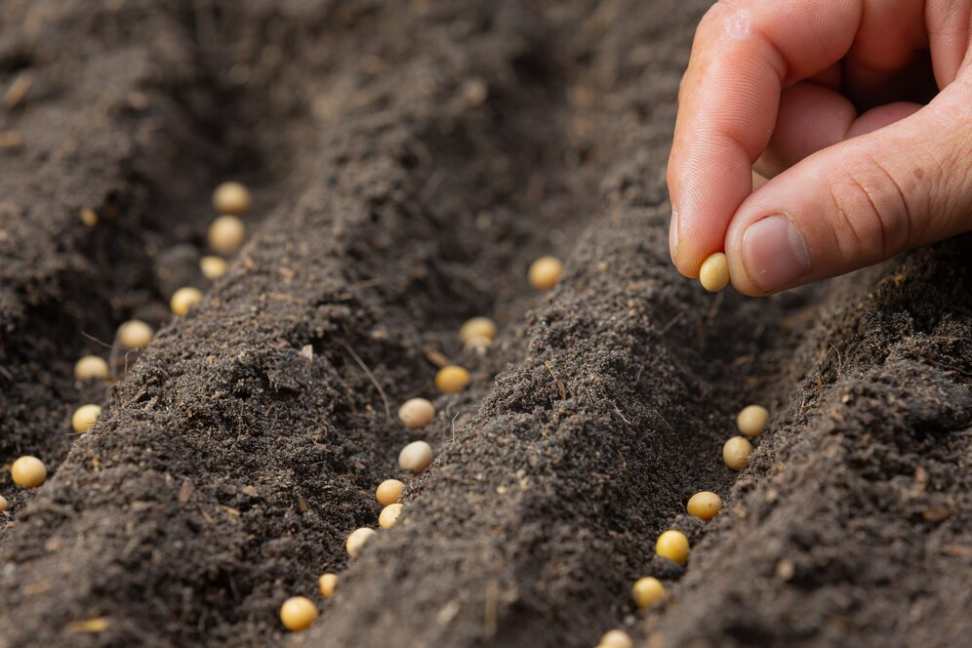Ever wondered where that juicy apple on your plate came from? Or how that fluffy bread got on your table? The journey of food begins long before it reaches your hands, and it’s often in the fields, labs, and mills that the magic happens. So, if you’re thinking about a career in farming, seeds, or milling, you’re on the right track! But before you grab your overalls and head out to the fields, let’s unpack what these paths really entail and see if they’re the perfect fit for you.
Farming: Life on the Land

Ever dreamed of being your own boss, waking up to the rooster’s crow, and watching your hard work bloom into harvest? Farming life is all about that direct connection with nature, where you nurture the soil, plant seeds, and witness the miracle of life unfold. From choosing the right crop to battling bugs and managing the weather, it’s a daily dance with nature, demanding both physical and mental resilience.
But hold on, farming isn’t just about getting sun-kissed! It’s also a business. You’ll be juggling finances, marketing your produce, and navigating the ever-changing agricultural landscape. Tech-savvy farmers are using drones, robots, and data analysis to optimize their operations, so expect a blend of tradition and innovation.
Sounds exciting? Here’s what makes farming a great career:

- Job satisfaction: Seeing your crops flourish and knowing you’re feeding the world is unparalleled.
- Variety: No two days are the same – from planting to harvest, every season brings new challenges and rewards.
- Independence: You’re your own boss, making decisions and seeing the fruits (or vegetables!) of your labor.
- Community: Farmers are a tight-knit bunch, always ready to lend a hand and share their knowledge.
But hey, it’s not all sunshine and rainbows:

- Long hours and unpredictable weather: Be prepared for early mornings, late nights, and dealing with whatever Mother Nature throws your way.
- Physical demands: Farm work is hard – expect sore muscles, long days under the sun, and the occasional encounter with pesky critters.
- Financial uncertainty: Crop prices can fluctuate, and unexpected events like droughts or floods can impact your income.
Seeds: The Tiny Titans of Tomorrow

If you’re more of a science geek, the world of seeds might be your calling. These little powerhouses hold the genetic code for future crops, and breeding and developing new varieties is crucial for feeding a growing population. Seed scientists work in labs, greenhouses, and fields, playing a critical role in ensuring food security and sustainability.
Here’s what makes the seed game so fascinating:
- Cutting-edge science: You’ll be using advanced technologies like gene editing and plant genomics to develop new and improved seeds.
- Global impact: Your work has the potential to improve agriculture practices and food security around the world.
- Intellectual challenge: It’s a constant quest to unlock the secrets of plant genetics and find solutions to complex agricultural problems.
But keep in mind, it’s not all lab coats and microscopes:
- Long-term projects: Developing new seed varieties can take years, requiring patience and a long-term vision.
- Highly competitive field: Seed companies are constantly pushing boundaries, so be prepared to stay on top of the latest research and innovations.
- Limited job market: Compared to farming, seed science career opportunities are more focused.
Milling: From Grain to Goodness
Milling might seem like the dusty end of the food chain, but it’s where grains are transformed into the flours, cereals, and other yummy things we rely on. Millers operate complex machinery, ensuring efficient processing and maintaining high-quality food products.
Why milling might be your perfect grind:
- Technical know-how: You’ll be working with cutting-edge milling equipment, understanding its mechanics and optimizing its performance.
- Quality control: Your keen eye ensures food safety and consistent product quality, making a direct impact on what people eat.
- Stable career: The milling industry is constantly in demand, offering job security and opportunities for growth.
But remember, it’s not just pushing buttons:
- Repetitive work: Some milling tasks can be monotonous, requiring focus and attention to detail over long hours.
- Dusty environment: Be prepared for working in areas with flour dust, which might not be ideal for those with allergies.
- Limited career progression: Advancement opportunities within milling might be slower compared to other agricultural fields.
Have A Look :-
- Drake Net Worth, Lifestyle, Height, Career
- All You Have To Know About Io Unblocked Games
- Is Soundtrap By Spotify A Good Music Production Tool For Beginners?

